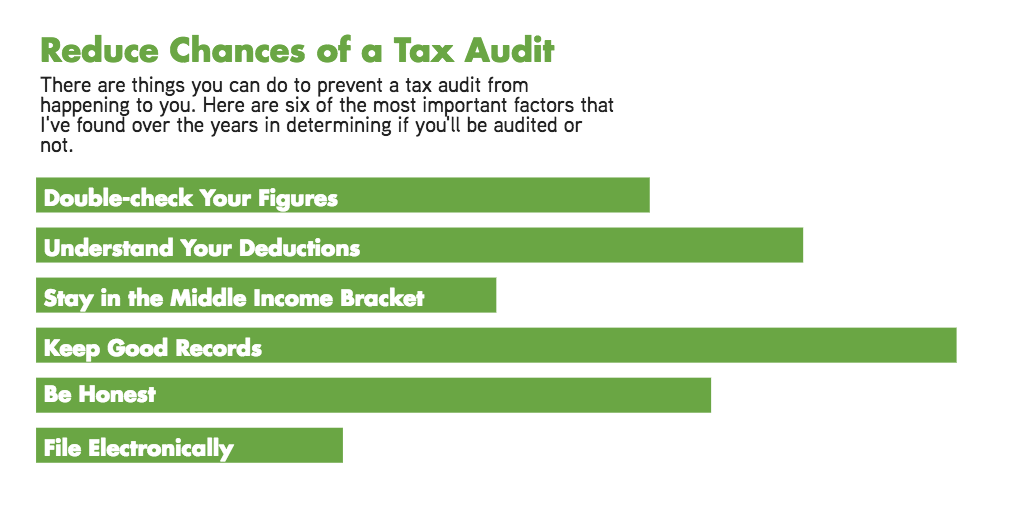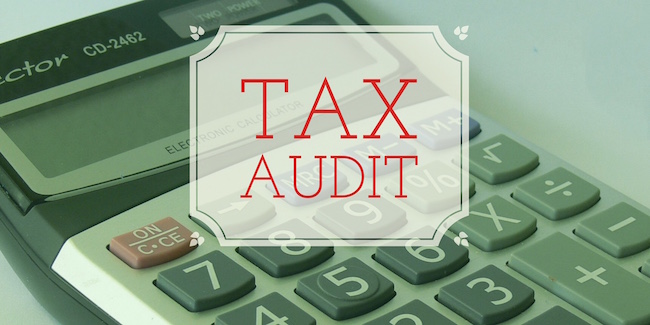For some people, the words “tax audit” can instill fear, if not downright panic.
It’s understandable. After all, we have all seen headlines where people’s bank accounts, personal possessions, and even homes have been seized by the IRS to satisfy tax debts after an audit.
One of the most famous seizures happened in 1990. The headlines featured Willie Nelson handing over many of his properties and possessions in order to satisfy back taxes. Of course, there is more to the story. But the important point is that there are things you can do to prevent a tax audit from happening to you in the first place.

Table of Contents
ToggleDouble-check Your Figures
One of the most obvious ways to prevent being audited on your taxes is to simply double check all of your figures before you file and pay your taxes for the year. Use a calculator to make sure your figures are correct when adding multiple figures or making complicated calculations. In addition, look back at your source documents to ensure those figures are accurate as well. You’d be surprised how many times I found mistakes where numbers were different on schedules than on the front page during my time as a financial analyst.
Understand Your Deductions
Many people make inaccurate deductions or even miss deductions simply because they do not understand them. If you aren’t sure what you can and can’t claim in deductions, hire a tax professional that can help you through the process to make sure what you are claiming is correct.
Stay in the Middle Income Bracket
It doesn’t always pay to be wealthy when it comes to being audited. Those with incomes over a million are more likely to be chosen for a tax audit. One of the reasons is that the wealthy usually claim more deductions and contribute a larger amount of money to charity per year than the rest of the population. This places them at a higher risk of being audited.
Keep Good Records
Good record keeping is of vital importance when it comes to filing your taxes accurately and preventing a tax audit. If asked during an audit, you should be able to pull out invoices, receipts, and any other supporting documentation to back up the figures you reported.
For instance, you should keep records of what and how much you donate to charities, receipts for supplies, and more.
Be Honest
Honesty in reporting is essential on your tax return. Hiding money or not reporting all of your income will probably get you audited by the IRS. It could even land you in in jail.
File Electronically
According to the IRS, the error rate for electronic returns is drastically lower than that of paper returns. To keep the odds in your favor, file electronically.
In truth, the IRS only audits around 1% of the population. So, the likelihood of you being audited in your lifetimes is actually fairly low. If you take the above advice about things you can do to prevent a tax audit, you reduce the odds even more.













